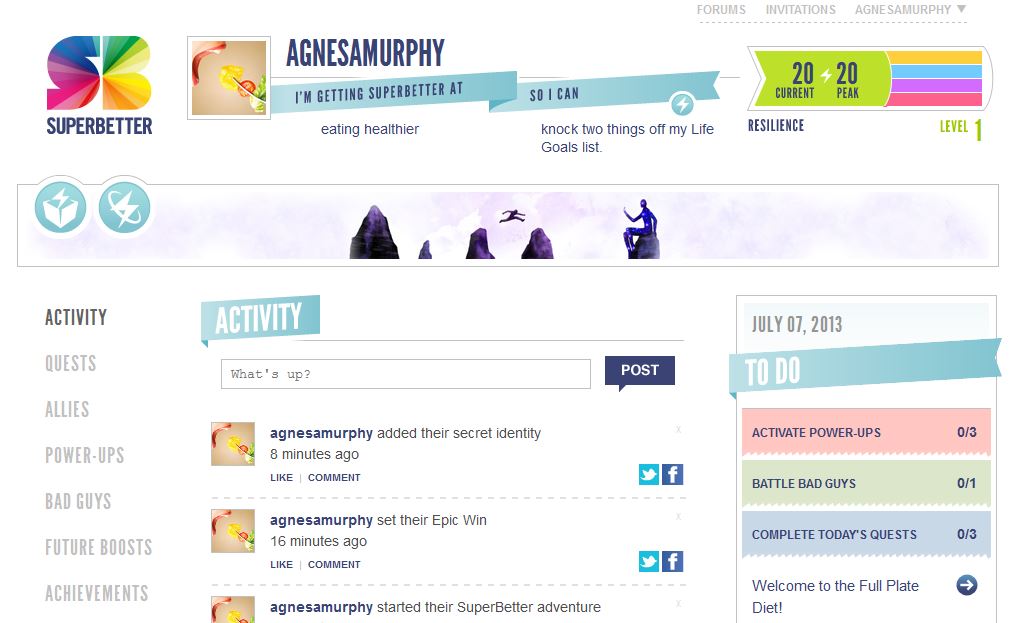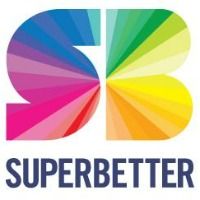My team and I used to have to do an exercise in "fascinating" and in finding fascinating stories. The exercise involved choosing, in our opinion, the five most fascinating stories that we covered within the past 24 hours. Now, we all understood the definition of the word "fascinating" and the general concept of how it feels and what it looks like. The trick was really avoiding stories like the AMA's repudiation of the military's ban on transgender people because, well, it's hard news, it's sad and it's not quite something you'd share on social media quite like #TheDress. Although I didn't share the dress. Quite frankly, it's an ugly dress. Nonetheless, most news falls into three categories: "need to know," "cool to know," and "not news stop reporting on it". I'm not going to talk about the last category because I think everyone with intelligence and critical thinking skills knows what sorts of stories belong in that category. Okay... I'll talk about it a little bit just to get it out my system.
The first ever TED Talk I watched is this one below featuring Alisa Miller. It was the TED Talk that introduced me to the wonderful world and brand that is TED Talks, and I've watched plenty of them since. I don't quite remember how I stumbled upon it, but I do remember that I showed the video as part of my Political Issues class during my senior year of college. That week, we were discussing the media, and this video illustrates the "not news" category quite well. I also totally just got another idea, but first, the video.
With the third category out of the way, that leaves "need to know" versus "cool to know." "Need to know" is similar to "not news" in that it's quite obvious what sorts of stories would go into that category. They're the type of stories, no matter the topics, that will influence a decision regarding our lives or careers or that may change our world view. They're stories about events happening in our area or that affect people we know or people similar to us.
Cool to Know/Fascinating is a Grey Area
"Cool to Know" is the grey area because there are many stories and topics that clearly fit into this news category, but depending on who you ask, would also fit into the "need to know" or the "not news" categories. For example, I know plenty of people who would argue celeb news is really "not news," but there are specific stories like Robin Williams' death that would fall into one of the other two categories. Perhaps much of the aftermath and the reaction to his death wasn't necessarily news, but the point is that "cool to know" news is much like the fascinating news that I had to choose and put together.
It's subjective, so "cool to know" news is harder to spot and to put together into an email or a feed. The five stories that I would put on my list is likely to be very different from what my fiance or what my mother would put on their list. I also think that the "cool to know" aspect of news is one that is very under-reported in the media, at least "cool to know" news that is still informative and intelligent. Like, #TheDress is cool to know in a lot of ways, but the story was spun in ways all over the web that were just fluffy and clickbait. Doing cool to know news without it being a puff piece, or clickbait, or a middleman to the good, original journalism.
Maybe finding fascinating isn't the hard part. The hard part is showcasing why something is fascinating and why others ought to be fascinated by the story. All of that part is the reporting and the news that's not the clickbait and that's not the fluff. That's the hard part.


